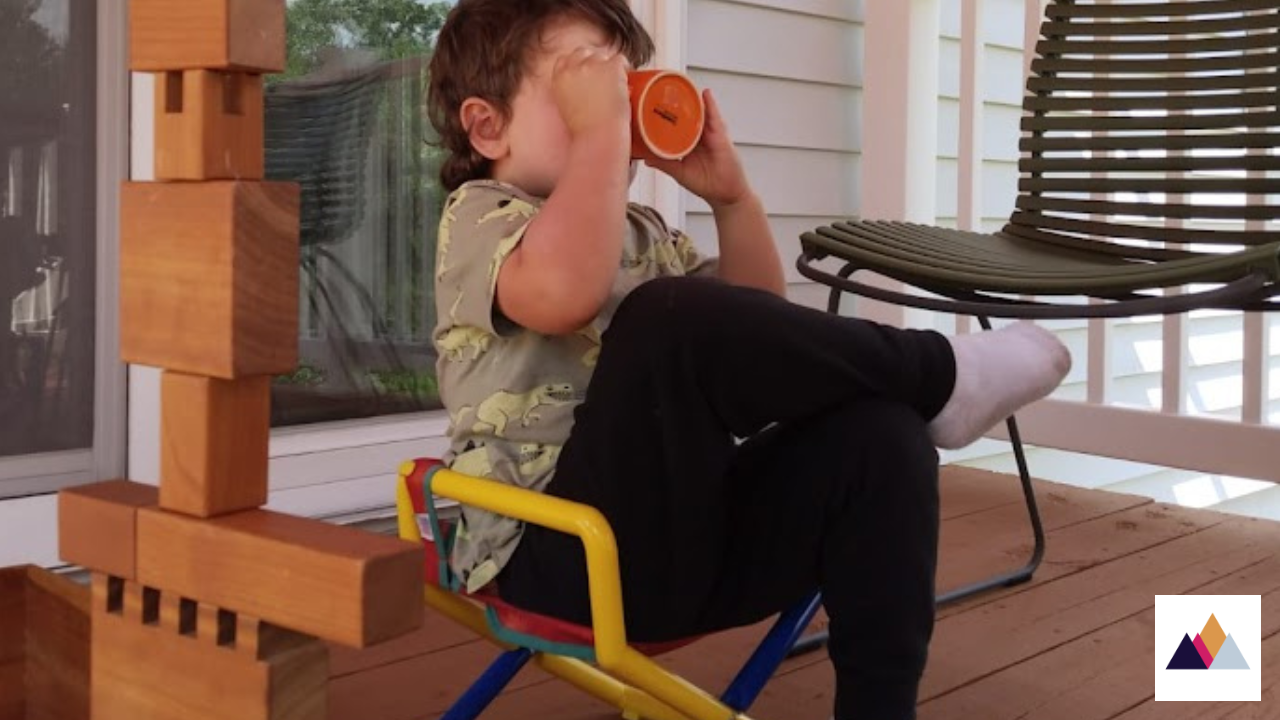It gets worse before it gets better. 🥴
Aug 18, 2025
|
Last week we withdrew William, our 6-year-old, from school in the fall (first grade). This is not because of anything the school did or didn't do - he is at a very accommodating private Montessori school with his older brother, Cooper. He loves the school. And his friends. It was a very hard decision, but one that I can see has brought relief to his little body in a lot of ways. Now that William is fully home, the truth is, he seems "more autistic." For example, his sensory differences are more pronounced and he is struggling with things like
Once parents start accommodating in their home - and focusing on nervous system safety - they often report feeling that "things are getting worse" or that suddenly their child "seems more autistic." They might notice: Their child stims more and there may be an increase in equalizing behavior and meltdowns. There may be more avoidance and resistance, or more clearly "autistic" or "ADHD" behavior. While I remember what this felt like six years ago when I started accommodating my older son in burnout, it is now top of mind and more visceral as I go through it with my younger son. I am reminded of the fear that comes up in this scenario for so many parents: Am I making my child's struggles worse? But what helps in facing this fear is remembering the logic of the nervous system and PDA. And so I want to outline for you (and for myself!) the reasons that things feel worse at first.
Well, my friends, I hope this is helpful to you and helps you feel less alone. We have a busy day around here with a neuropsych assessment for little William and camp and tackle football practice for his older brother. So I am off to mom-ing and caregiving. |
Want my blog posts in your inbox?
Most weeks we send two emails. You can unsubscribe any time.


